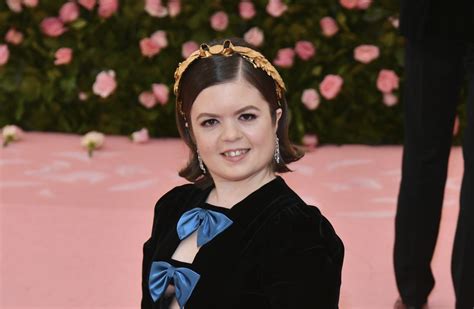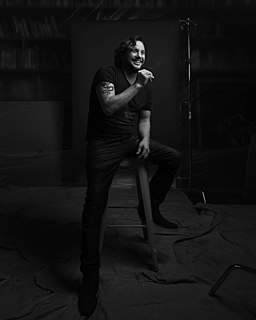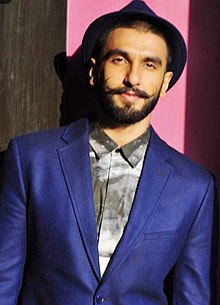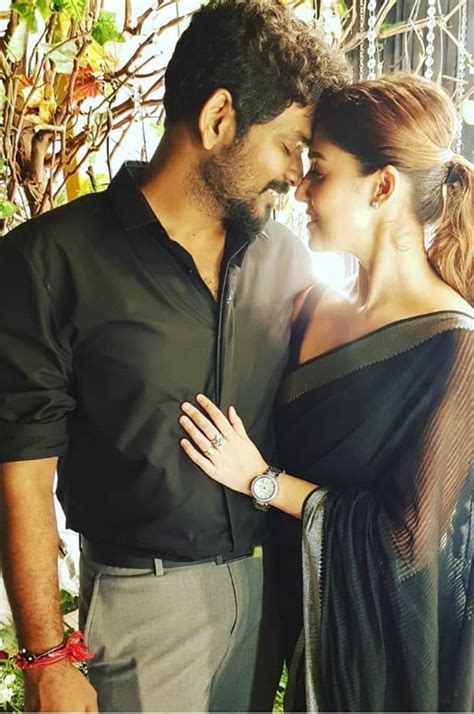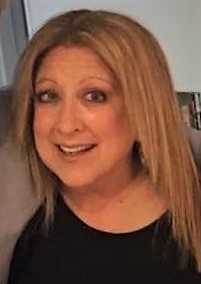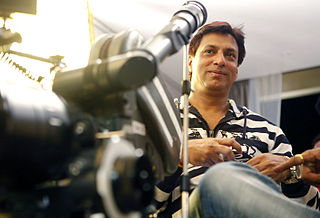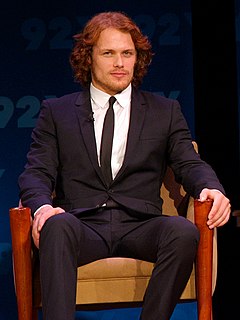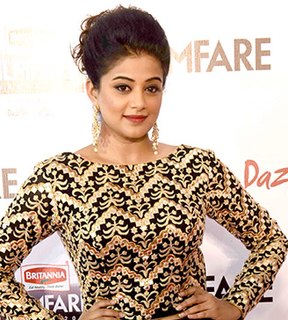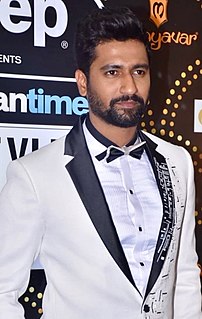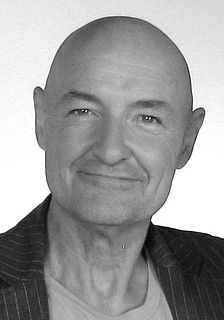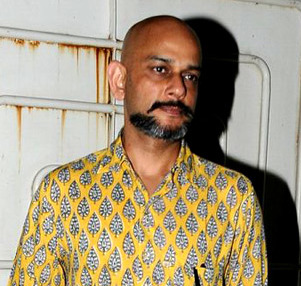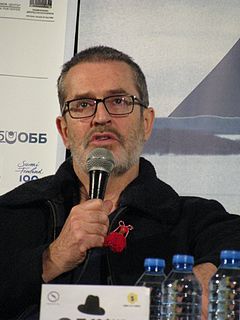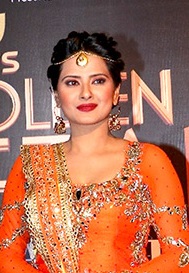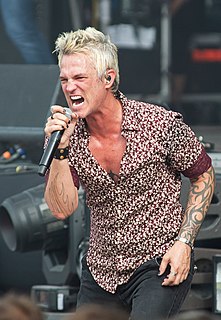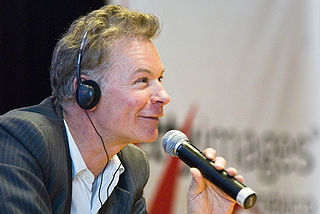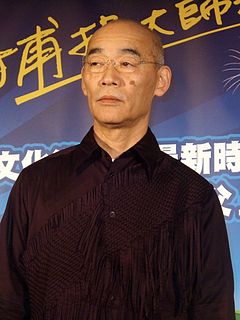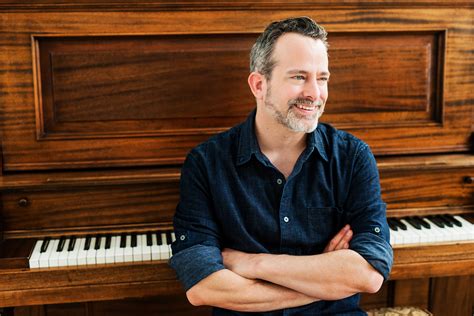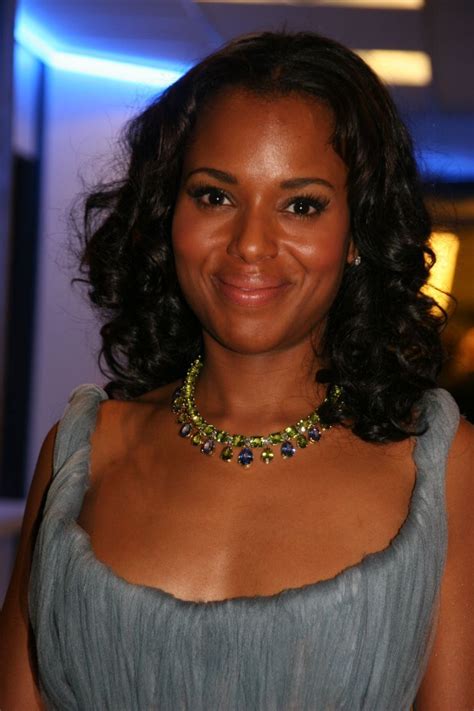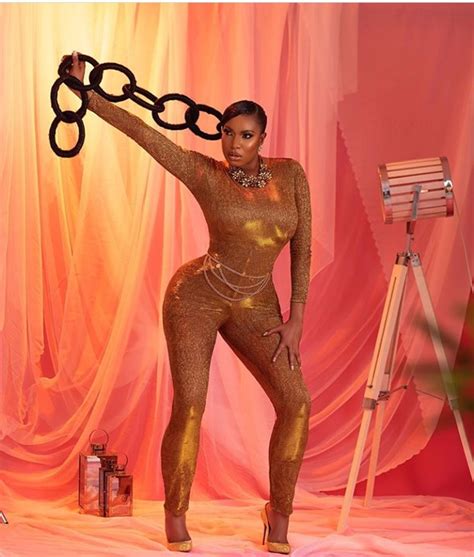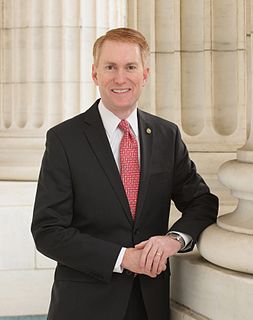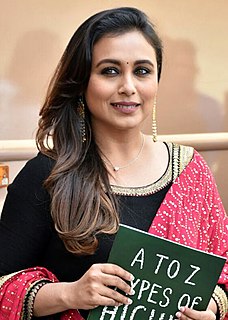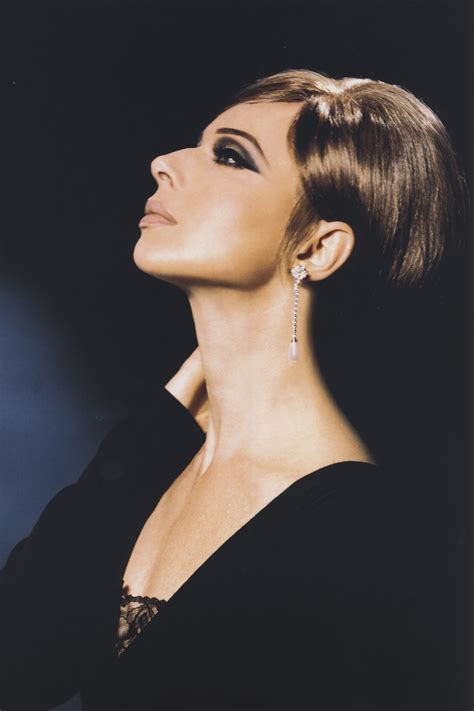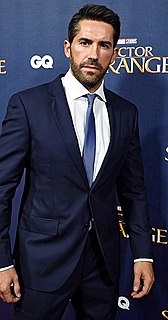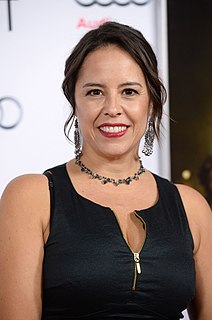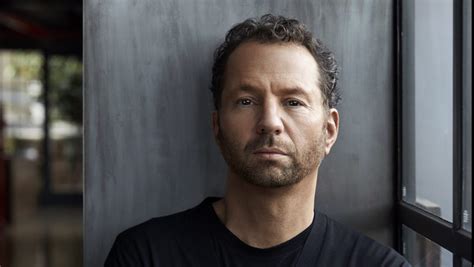Top 1200 Film Industry Quotes & Sayings - Page 18
Explore popular Film Industry quotes.
Last updated on November 17, 2024.
In the film industry you never really know if all the various ingredients will come together - sometimes they do, and sometimes they don't. As an actor, you don't have much control over those things. It's a director's medium in that sense. All you can really do is minimise the risks of being involved in something that might not work and look for something that also suits you.
It's really strange, but I find a connect with Shivaji Raje through Rajinikanth. Rajini sir is born a Marathi, he's a superstar in Tamil film industry and a national icon too. He started his life as an ordinary man and reached the pinnacle. This is how Shivaji Raje's life also traversed from common to extraordinary.
I left film because I felt that photography was my art. It was something I could do on my own, whereas film was so collaborative. I thought as a photographer I could make something that was artistic and that was mine, and I liked that. And it wasn't until I got back into film and I have very small crews and I could do very tiny filmmaking that wasn't 100 people that I still felt that I was making something artistic as a filmmaker. So, you know, I'm an artist, and whether it's photography or film, I want my voice to be there and I think my voice is very strong in this film.
As I had visualized, 'Heroine' is shaping up to be a very contemporary film with a different premise and strata. This film, like most of my other films, is a blend of facts and fiction. The film has a larger span, more characters, and costumes... a journey that revolves around an actress's life and the showbiz.
'Race' is one of the most successful film franchises in Bollywood. So I was really excited and honoured on being approached for the film. But since I was already committed to another film during the same time as the makers are planning to shoot 'Race 3,' things eventually didn't work out, unfortunately.
Even Hollywood millionaires are now clamoring for legal protections for their illegal-alien nannies and gardeners, though such elites would hardly countenance a similar legal laxity that would allow foreign film technicians, screenwriters, and actors to flood southern California to work in their industry for a fourth of their own pay.
Most of us who got into film industry in early 2000s weren't prepared for the constant vigilance that being a celebrity requires, and there's no school for learning how to handle it well or gracefully. It's a hard thing to figure out. A lot of people don't deal with it well because they're either too paranoid or they're doing things they probably shouldn't be doing in public.
Many things have changed in our culture here in England as a direct result of the Pistols: the whole street-fashion thing in London, for example, or the coverage of popular culture in the national press, or the fact that the film industry is now about young people making films about young British issues.
One of the earliest memories I have of feeling the power of film music was watching Willy Wonka & the Chocolate Factory. That was a really clear epiphany for me, when I realized that each film has its own music, and that there was someone out there who wrote this very specific music for just this one film.
Nollywood is a genre, and not the entire Nigerian film industry. However none of the 'New wave' of directors in Nigeria would know what was possible without the Nollywood model, so I'm grateful to them for showing us that our stories are of interest to people other than Nigerians. I would describe myself as a filmmaker, period.
Part of what the food industry does with public relations, just like the chemical industry or the oil industry, is to try to erase their fingerprints from their messaging. So when consumers hear about a recent effort like the "food dialogues" put on by a group called the US Farmers and Ranchers Alliance, do they know necessarily that these "dialogues" are being funded by companies like Monsanto, a large chemical company and the controller of most of the patents on genetically modified seeds? No, they don't.
Our film [Hide and seek ]was created as part of the Asian American Film Lab's 11th 72 Hour Film Shootout filmmaking competition, where filmmaking teams have just 72 hours to conceive, write, shoot, edit and submit a film based on a common theme. The winners were announced during the 38th Asian American International Film Festival in New York last July. The theme for 2015 was 'Two Faces' and was part of a larger more general theme of 'Beauty'.
The traditional Hollywood system is pretty rigid, but the film scene in, say, South Africa is booming with a lot of possibilities. If you have the cameras and reasonable capital, you can put your film in theatres next to 'Guardians of the Galaxy.' A great example of that was Kagiso Lediga's film 'Blitz Patrole.'
Within the fashion industry, being on shoots and working with agencies and other models, it's never been an issue being anything other than straight. It's so accepted within this industry. Out of every community that I'm a part of, or have been in, the fashion industry has been the most accepting. To the point where it was celebrated. I'd be on set talking about my girlfriend and someone would say "Oh, you're a lesbian! That's amazing." It's such a warm, welcoming community in that sense.




